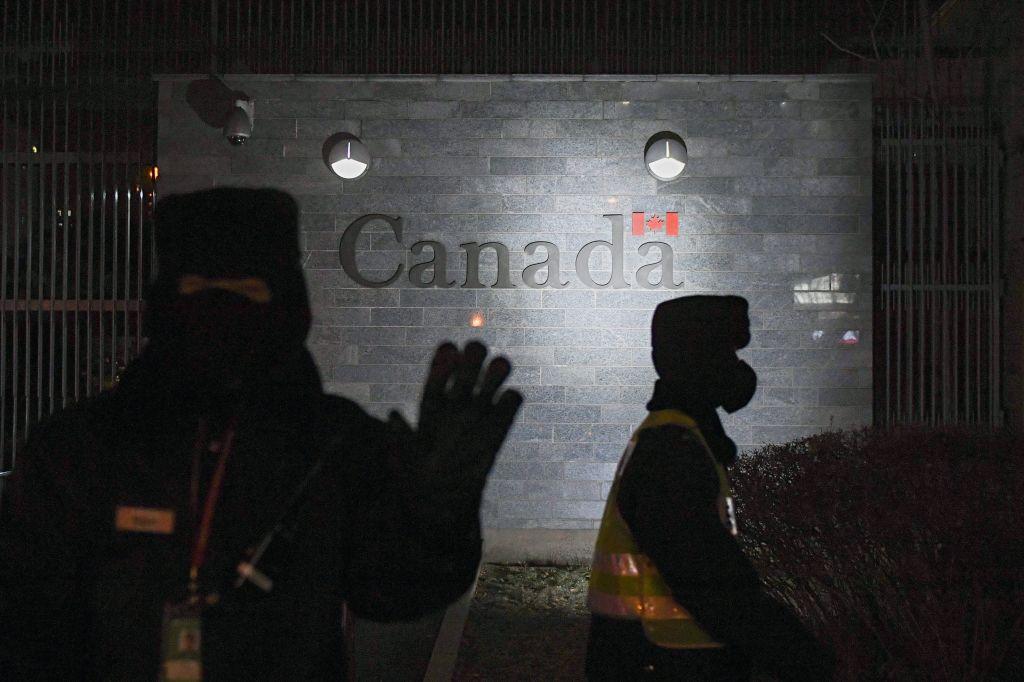China holds 97 Canadians in prison, surpassing those held by any other foreign state except the United States, according to Canadian government records. Citing privacy reasons, Global Affairs Canada declined to reveal specifics on individual cases due to potential concerns about their human rights.
In an Inquiry of Ministry dated Dec. 12, the government acknowledged that China is detaining 93 Canadians, while Hong Kong holds four, as first reported by Blacklock’s Reporter. The disclosure came in response to questions posed by Conservative MP Garnett Genuis in the House of Commons on Oct. 25, asking, “How many Canadian citizens are detained or incarcerated abroad?”





